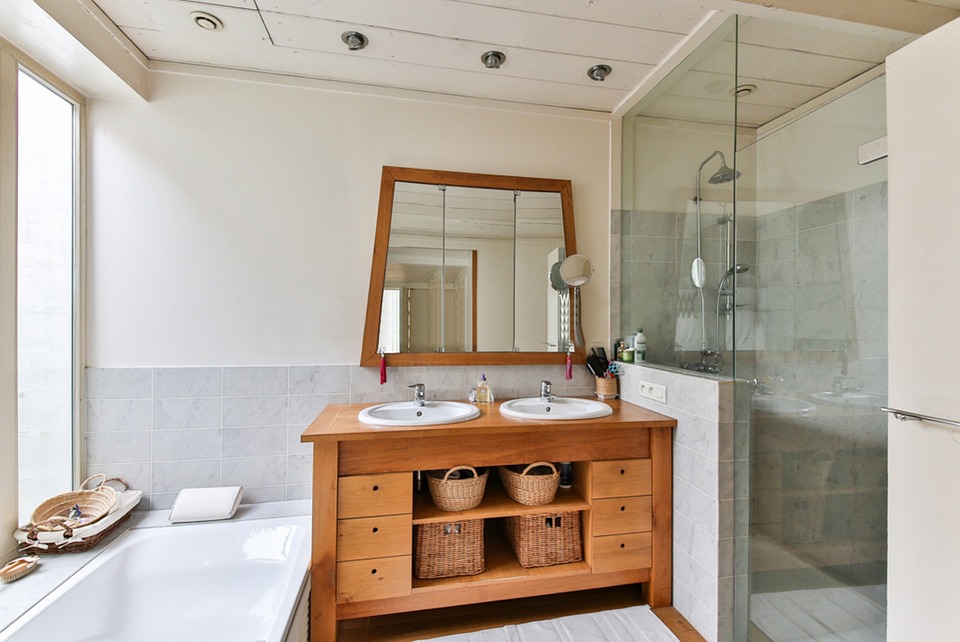
The environment we live in has a significant impact on our mental and emotional well-being. From the colors on the walls to the layout of the furniture, our surroundings can influence our mood, productivity, and behavior. One often overlooked aspect of our environment that can have a substantial impact is the furniture we choose to fill our spaces with.
The psychology of furniture is a growing field that studies how different pieces of furniture can affect our psychology, emotions, and behavior. Researchers have found that the type, size, and arrangement of furniture can have a direct impact on our mood and productivity.
For example, a cluttered and disorganized space can create feelings of anxiety and overwhelm, while a well-organized and spacious environment can promote a sense of calm and relaxation. Similarly, the type of furniture we choose can also have a significant impact. Soft, comfortable furniture can create a cozy and inviting atmosphere, while sleek, modern furniture can promote a sense of productivity and efficiency.
In addition to the type and arrangement of furniture, the colors and materials used can also play a role in shaping our emotions and behavior. For example, research has shown that warm colors, such as reds and oranges, can create feelings of energy and excitement, while cool colors, like blues and greens, can create a sense of calm and relaxation. Similarly, the use of natural materials, such as wood and stone, can create a connection to nature and promote feelings of well-being.
Furthermore, the layout and positioning of furniture can also impact our psychology. For example, arranging furniture in a way that promotes social interaction can encourage communication and collaboration, while a layout that emphasizes privacy and solitude can promote focus and concentration.
In the workplace, the psychology of furniture is especially important. Research has shown that the design and layout of office furniture can have a direct impact on employee productivity, creativity, and well-being. For example, incorporating ergonomic furniture that supports good posture and movement can help reduce physical discomfort and enhance productivity.
Overall, the psychology of furniture is a fascinating field that highlights the profound impact our environment can have on our psychology and behavior. By being mindful of the type, arrangement, and design of the furniture in our spaces, we can create environments that promote positive emotions, productivity, and well-being. Whether it’s in our homes, offices, or public spaces, the furniture we choose can have a powerful influence on our lives.